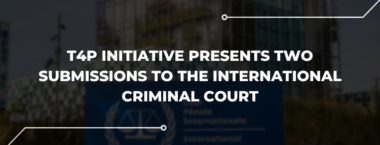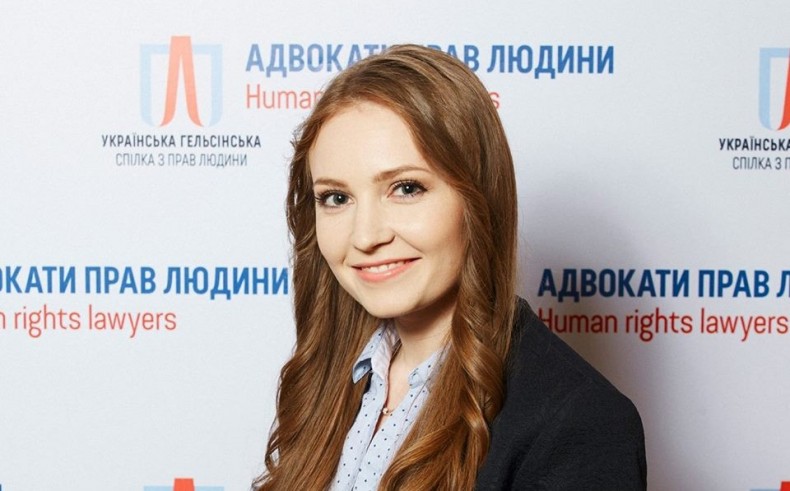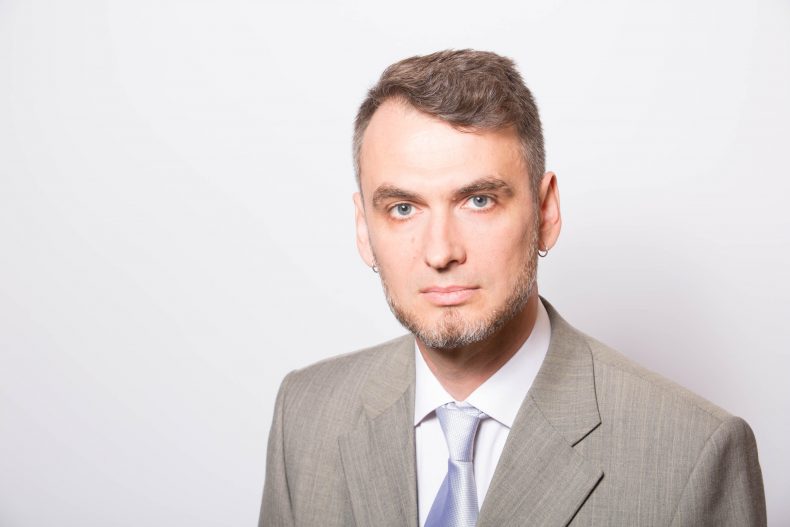
Torments, Torture Chambers, Executions: T4P Initiative Presents Two Submissions to the International Criminal Court
Information about extrajudicial executions of Ukrainians by the Russian military and Russian torture chambers in...
28 September 2023
31.08.2018
Cover photo: Ukrinform
In her speech, Vitaliya Lebid focused on the main stages of the implementation of transitional justice in Ukraine: restoration of territorial integrity of Ukraine, reintegration of the population of temporarily occupied territories, and amnesty.
“If we consider international law, then, in accordance with the provisions of Protocol 2 to the Geneva Convention, after a conflict, the government must extend the broadest possible amnesty to those who took part in it. Amnesty is exemption from punishment, but not from prosecution. Of course, we are not talking here about crimes against humanity, war crimes and gross violations of human rights.”

Vitaliya Lebid also noted that it is the government’s task to develop a legal basis for all necessary procedures to be carried out in the post-conflict period. In this context, she referred to the draft law “On the Principles of State Policy on Human Rights Protection in the Context of Overcoming the Consequences of the Armed Conflict”, jointly developed by the Ukrainian Helsinki Human Rights Union, Ombudsperson’s Office, MPs, Ministry of Temporarily Occupied Territories, and partner NGOs. According to the UHHRU representative, the document provides for political, criminal and other responsibility imposed on the perpetrators by the state.
On the subject of voting rights for IDPs, Vitaliya Lebid spoke of discrimination against internally displaced persons that prevents them from exercising these rights in local elections. “All international treaties stipulate that displaced persons should have access to one of the main political rights, that is, the right to vote. UHHRU has already lodged a complaint with the European Court of Human Rights on this issue, and the case is awaiting consideration.”
In his turn, Oleksiy Bida raised the issue of reintegration of the population, which could begin right now, without waiting for the liberation of these territories. “It’s about integrating people, bringing them back to Ukraine. In certain ways, Ukraine is discriminating against people that live in the occupied territory: those who do not receive their pensions, who need to cross the demarcation line for verification.”

He also noted that it is possible to develop remote identification mechanisms, since many people are unable to travel the distances required.
“Mechanisms already exist for receiving college education, so now we should consider secondary technical education, which people leaving the occupied territories are unable to get.”
Finally, according to Oleksiy Bida, it is necessary to develop mechanisms that will allow us to start reintegrating people living in the occupied territories into the Ukrainian society as soon as possible. They must be brought back into the Ukrainian context: educational, informational, social, cultural, economic and legal one.
If you find an error on our site, please select the incorrect text and press ctrl-enter.

Information about extrajudicial executions of Ukrainians by the Russian military and Russian torture chambers in...
28 September 2023

Since the onset of the full-scale invasion, the «Tribunal for Putin» initiative has recorded about...
18 August 2023

Position of Ukrainian organizations of the Human Rights Houses Network and Ukrainian lawyers on the...
17 July 2023

On June 6, 2023, the Southern Area Military Court of Rostov-na-Donu sentenced Mr.Bohdan Ziza, a...
08 June 2023